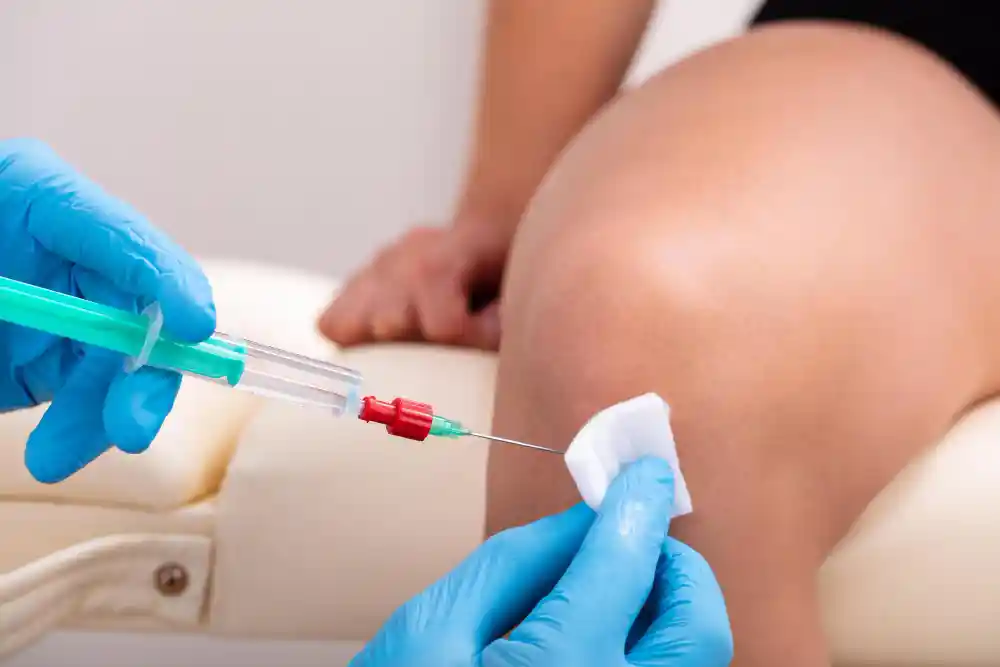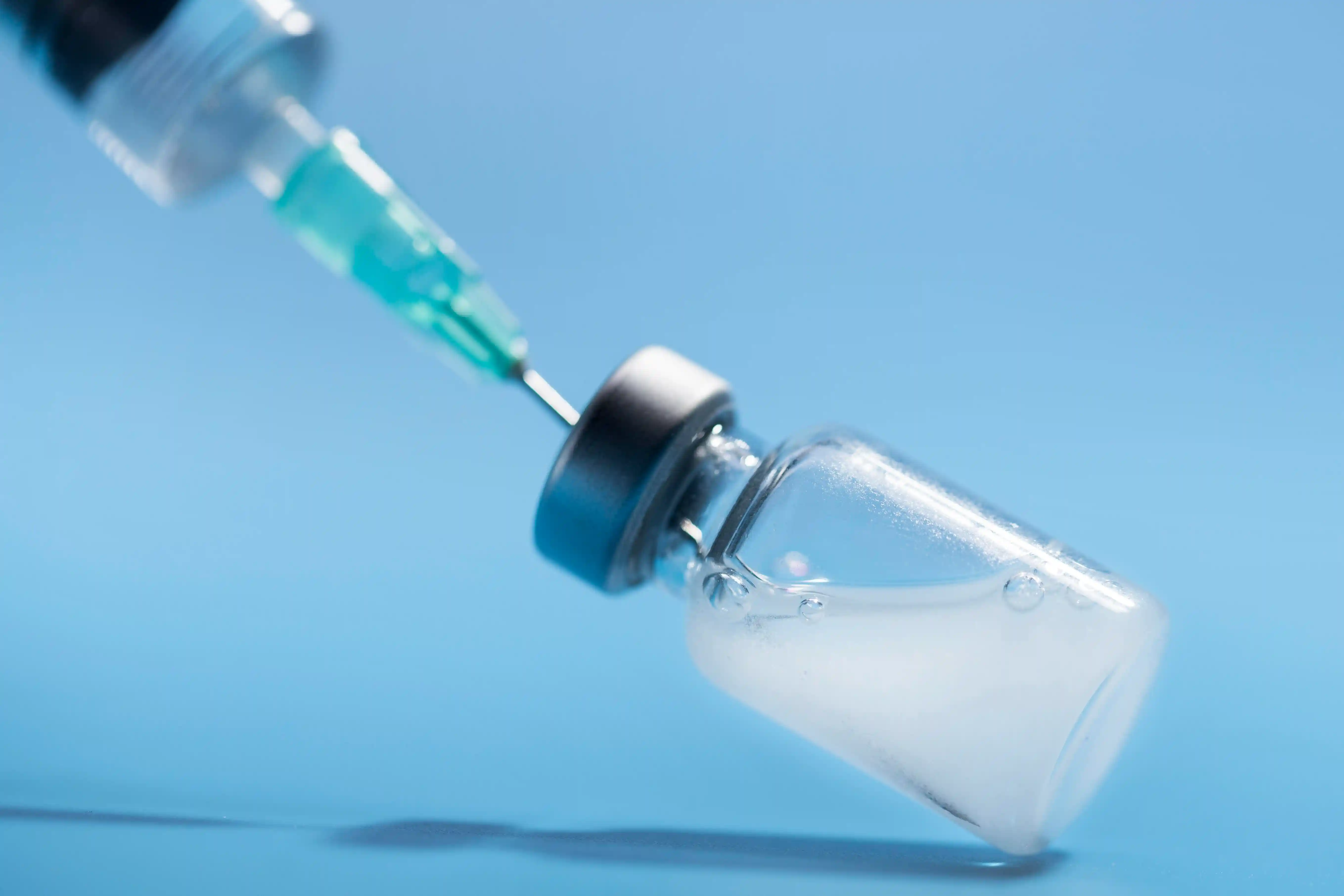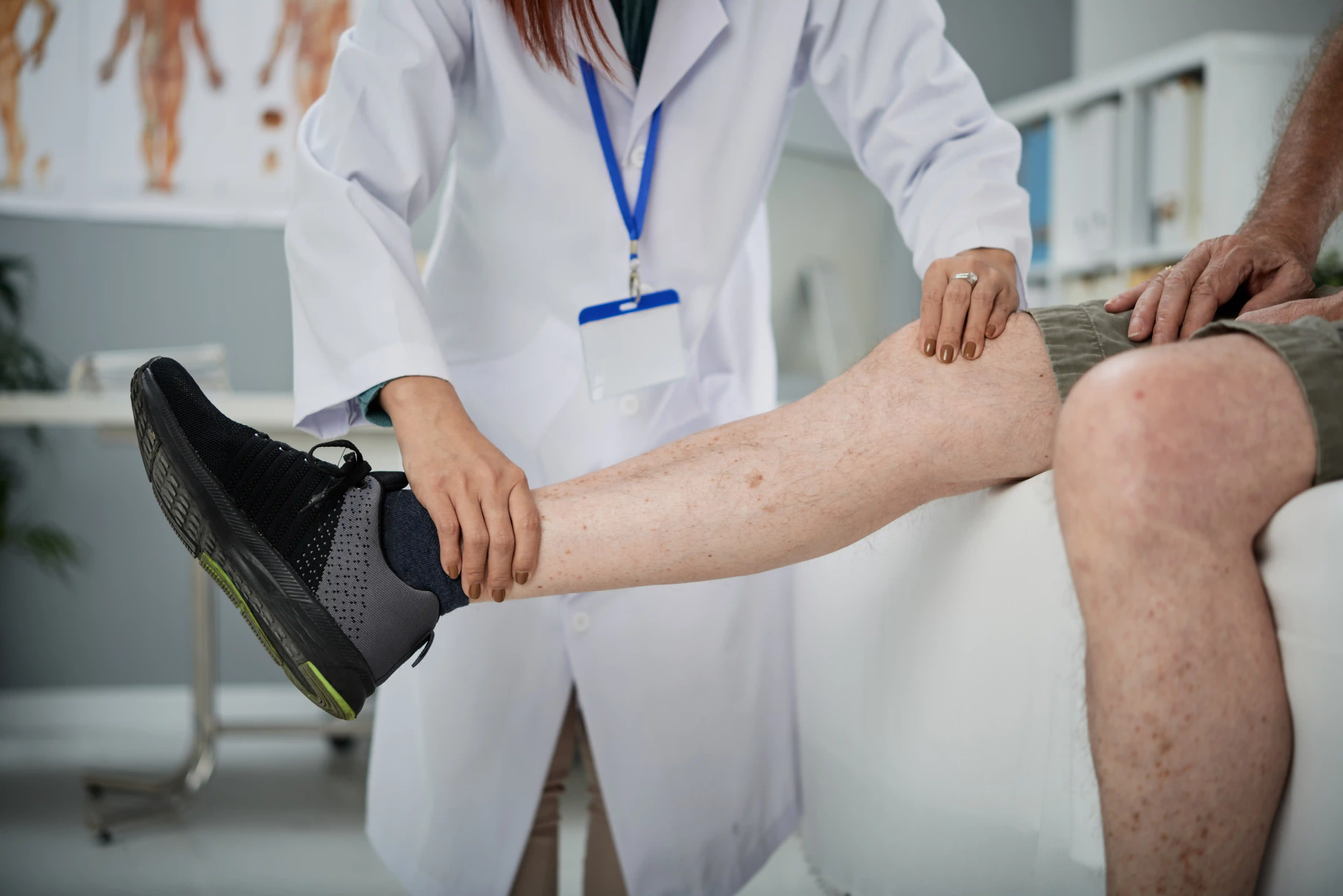Botulinum Toxin Injection, also known as Botox Therapy, is a clinically proven treatment that relaxes the abnormally stiff or overactive muscles causing discomfort due to neurological conditions. These direct doses of injection affect a temporary block, which causes excessive contraction. This allows the muscle to relax, improving movement, posture, and quality of life. In musculoskeletal conditions where abnormal muscle tone affects movement, such as in stroke survivors or patients with cerebral palsy. Botox therapy helps reduce spasticity, enabling improved mobility and functional use of the affected limbs.
Spasticity, or involuntary muscle stiffness, can limit mobility and make you incapable of performing daily living activities. Botox therapy plays a vital role in managing this condition when combined with a comprehensive rehabilitation plan.
This muscle relaxant injection is particularly effective in managing spasticity caused by neurological and musculoskeletal conditions such as stroke, cerebral palsy (CP), multiple sclerosis (MS), brain injury, and spinal cord injury. By relaxing overactive muscles, Botox therapy enhances range of motion, reduces muscle-related pain, and improves the effectiveness of physiotherapy.


It also helps patients regain essential daily functions like walking, dressing, and maintaining hygiene. In cases where physiotherapy, splints, or oral medications are insufficient, early intervention with Botox can prevent long-term complications such as contractures (permanent muscle stiffness), offering a safer and more functional path to recovery.
Botulinum toxin therapy is typically recommended when muscle tightness significantly impacts a patient’s quality of life, especially in some cases where physiotherapy can help get relief. It becomes particularly necessary when there is a growing risk of joint deformity or persistent pain, or when splints and oral muscle relaxants fail to produce desired outcomes. Early use of Botox can also help prevent long-term complications like contractures (permanent stiffness). The benefits of Botox for spasticity include relaxing tight muscles, enhancing the effectiveness of physiotherapy, improving posture and overall mobility, and making daily activities—such as walking, dressing, and washing—more manageable. In some cases, it may even help delay or avoid the need for surgery. The effects of the treatment generally last between 3 to 6 months, with the possibility of repeating the procedure based on medical guidance.
With over 25 years of experience, Medical Rehabilitation Center (MRC) has earned a reputation as the best pain clinic in Kolkata, offering advanced care for a wide range of musculoskeletal disorders. Our expert team specializes in delivering targeted botulinum injections using ultrasound or EMG guidance to accurately treat overactive muscles. Each Botox therapy session is followed by a tailored physiotherapy and neuromuscular rehabilitation plan, ensuring optimal recovery. At MRC, we go beyond treating symptoms—we focus on long-term improvement and patient-centered care backed by clinical expertise and proven results.

A: No, Botox therapy does not cure spasticity. Instead, it helps manage muscle tightness safely and effectively, especially when combined with a proper neuromuscular rehabilitation program. The goal is to reduce stiffness, improve mobility, and enhance daily function, not to eliminate the condition.
A: Botox works best when paired with targeted physiotherapy and rehabilitation. While Botox relaxes the overactive muscles, rehab focuses on retraining movement patterns, improving strength, and restoring functional independence. This combined approach offers the best results for long-term improvement.
A: The effects typically last between 3 to 6 months. Repeat treatments may be advised based on medical evaluation and the patient’s functional progress.
A: Yes, when administered by qualified specialists, Botox injections are safe and well-tolerated for long-term spasticity management. Every treatment is tailored to the patient’s condition and response.
A: Yes. Botox therapy is a newly introduced service at Medical Rehabilitation Centre (MRC), Kolkata, designed to enhance spasticity management as part of our comprehensive rehabilitation care. The treatment is administered by experienced specialists and paired with personalized physiotherapy to help patients regain better function and mobility.